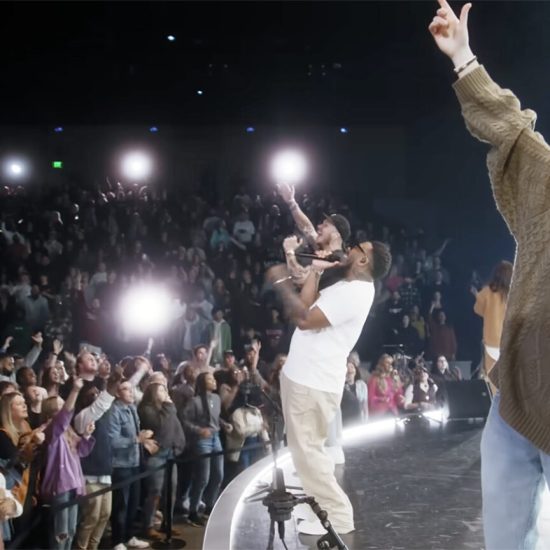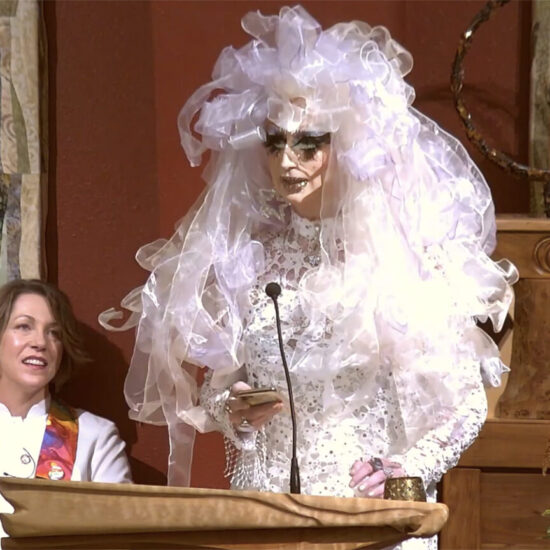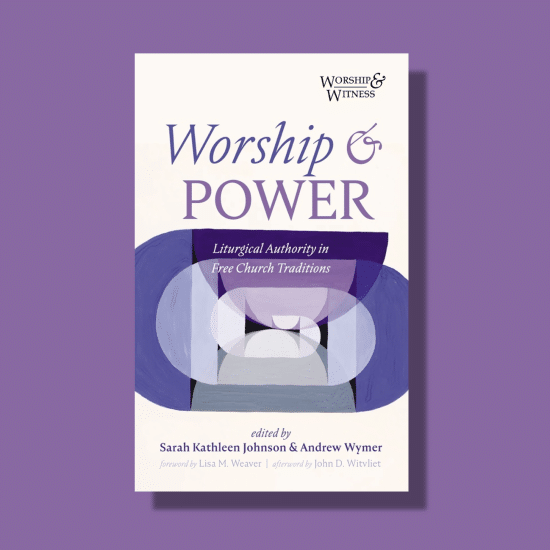NACOGDOCHES—Before Christians can bridge racial barriers to work together, they first must get to know each other in worship and fellowship, panelists and speakers told an interracial gathering at the predominantly African-American Zion Hill First Baptist Church in Nacogdoches.
That congregation worked with Austin Heights Baptist Church in Nacogdoches and the Center for Ministry Effectiveness and Educational Leadership at Baylor University to sponsor the event, "No Longer Strangers: Working Across Racial Lines."
Christian unity that spans racial divides requires pastors and church leaders to lead by example by associating with brothers and sisters of other races, said James Ervin, pastor of Iron Wheel Missionary Baptist Church in Nacogdoches.
"If we never get together, we will never come together," Ervin said.
Unity means harmony, not uniformity, he emphasized. True Christian unity provides freedom for believers to think, feel, worship and serve in a variety of ways.
"It's all right to be different. There must be liberty. There is no unity where there is no freedom," Ervin said. "It's hard to run with shackles on. It's hard to lift up Jesus with handcuffs on."
Kyle Childress, pastor of Austin Heights Baptist Church, recalled wise counsel he received more than two decades ago when he asked how he as a young white minister could build relationships with African-American pastors: "Go and listen."
Show up at black ministerial alliance meetings and African-American social service groups, sit at the back and seek to be a student, not a teacher, a respected black minister told him. In time, as he listened and learned, Childress noted, he earned trust and developed deep friendships with African-American pastors.
Participating in a panel discussion, Jay Abernathy, pastor of First Baptist Church in Palestine, described an incident when he served a church in Stamford and also was on the local volunteer fire department. He remembered a Sunday afternoon when he helped put out a fire that came close to a local African-American church—an act that endeared him to the church's pastor.
"There are still fires that need to be put out," Abernathy said.
While segregationist Jim Crow laws have been overturned, their lingering legacy still influences how blacks and whites relate to each other, he asserted. "Decisions made long ago still affect us," he said.
Churches should face up to the reality of racist attitudes and deal with them honestly if they are serious about making an impact on the communities they serve, said Patrick Sanders, social services specialist with Nacogdoches Head Start.
"I can't think of a better place to start the conversation about racism than in the church," Sanders said.
But before Christians can hope to transform society, they may need to get their own houses in order, he noted. Fifty-seven years after the Supreme Court ruled "separate but equal" segregated schools unconstitutional, "Sunday school is still the most segregated school in America," he observed.
Philip Attebery, dean at Baptist Missionary Association Theological Seminary in Jacksonville, noted eight to 10 nations and about two-dozen cultures typically are represented at his school in any given semester.
"Jesus is the Lord of every single culture," he said. Focusing on Christ enables people from diverse backgrounds to overcome differences and find unity, Attebery insisted.
"It may not be natural" for people of different races and varied cultures to love each other, he acknowledged. "But there's a supernatural love we have for each other."
Failure to recognize the image of God in every person and to perpetuate racial barriers is an affront to the Creator, said Linda Harris, a Christian layperson and director of field education for the School of Social Work at Stephen F. Austin State University in Nacogdoches.
"We snub God when we take what God has said is good and treat it badly," Harris said. "When we choose to deal only with our own kind rather than cross over and enjoy all God's creation, we are treating God's good creation badly."
The nearer Christians draw to Jesus in their worship, the closer they get to each other, said Joel Gregory, professor of preaching at Baylor University's Truett Theological Seminary.
"The only way we will all be one is if we all are gazing at the glory" of God," Gregory said.
Examples in nature—such as the intertwined roots of coastal redwood that enable them to stand for centuries and the adhesive attraction of water molecules—testify to God's desire for cohesive unity, he asserted.
"If this is true in the natural world, how much more true should it be in the spiritual?" he asked.
When Jesus prayed for unity among his disciples and all those who would follow after them, he had in mind people of all nations, races and ethnic groups who would become Christians, Gregory said.
"We all are direct descendants spiritually of the eleven in that upper room, plus the Apostle Paul," he said. "We could trace our spiritual ancestry back to them."
Christians not only are united by that common spiritual ancestry, but also by the worship of the God who a Holy Trinity—three in one, Gregory noted. Christian unity has a heavenly origin, he noted.
"There is literally nothing on earth like it," he said. "We must gaze at the glory, and as we are pulled into that divine triune love, we will be pulled to one another."






